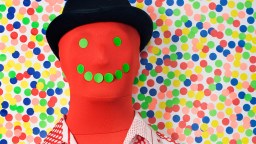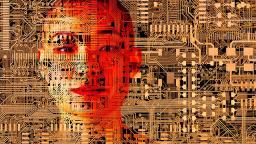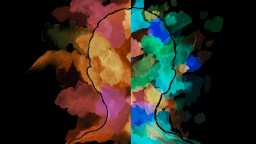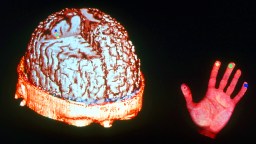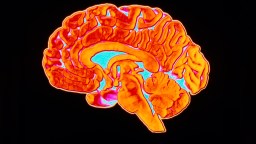brain
It’s all in your mind. Really. Everything bad in the world might be coming from one particular part of the human brain.
▸
5 min
—
with
Natural selection has left us with a world of optimists—is this healthy?
▸
9 min
—
with
Studying philosophy has had a major impact on the power players of Silicon Valley.
Studies reveal the impact of strategic thinking on studying and other areas of life.
A new study shows that being (and remaining) overweight and having type 2 diabetes is neurological nightmare.
Science (and life) keep hammering nails “into the coffin of the rational individual.” But rationalism and individualism still haunt and systematically mislead—even about where your mind is.
When it comes to time, and what the heck it actually is, there’s a clash of ideas between physics and neuroscience.
▸
5 min
—
with
A new study finds LSD — a Schedule I drug with “no medical value” — to be therapeutically beneficial.
Will we ever have a Theory of Everything? Theoretical physicist Lawrence Krauss isn’t sure that’s the right question to be asking.
▸
4 min
—
with
Cognitive abilities peak at varying ages, say researchers from MIT and Harvard.
Even our most imaginative expectations of AI are only primitive — but as neuroscience understands the brain more deeply, it will unlock the full potential of hybrid intelligence.
▸
3 min
—
with
A patient’s brain showed activity for nearly 10 minutes after death, baffling doctors and prompting the need for further research.
Scientists identify key compounds that may help prevent brain diseases like Alzheimer’s, Parkinson’s, Huntington’s as well as Lou Gehrig’s disease.
Where is your mind? Professor Daniel Siegel answers this question with a more revolutionary one: Where isn’t your mind?
▸
6 min
—
with
Here are two cutting-edge neuroscience technologies that may enable us to treat conditions like blindness, epilepsy and Alzheimer’s.
▸
4 min
—
with
Two recent studies reveal the effects of LSD on the brain.
The computer it’s attached to can “see” potential hazards and alert the surgeon to them.
Canadian scientists discover how being bilingual creates advantages for the brain.
The benefits of actively playing chess are supported by numerous studies.
Scientists are finding that loneliness has real medical consequences, and the brain sees it as pain.
Is the technology of the future more radical than the technology of the past? Alison Gopnik provides some historical perspective.
▸
5 min
—
with
A new study says running enhances connectivity in areas of the brain associated wth high-level thinking.
“Lifelong learning is extremely important,” says Nobel laureate Dr. Eric Kandel, “and the more we learn about life span the more important we realize it is.”
▸
7 min
—
with
MRI study finds brains of ASD subjects are more symmetrical than typical brains, which makes sense.
Researchers scan the brains of people having strong spiritual experiences.
Amy Herman teaches visual intelligence to doctors, intelligence analysts and the NYPD. Here she runs through how to make decisions you can defend under questioning: ones that are perceptive and informed.
▸
5 min
—
with
New research shows how studying music helps the brain create new connections.
American painter David Salle explains that to observe and appreciate art better, we need to refresh a basic skill we’ve all left in the dust: how to see.
▸
10 min
—
with
New research by Australian scientists shows what exercise can make some people more intelligent and prevent dementia.
Your brain isn’t the only organ processing your day while you sleep. Dr. Emeran Mayer explains the circular processing of emotion and memory that goes on between your brain and your digestive system, and how the latter can “dream”.
▸
6 min
—
with

